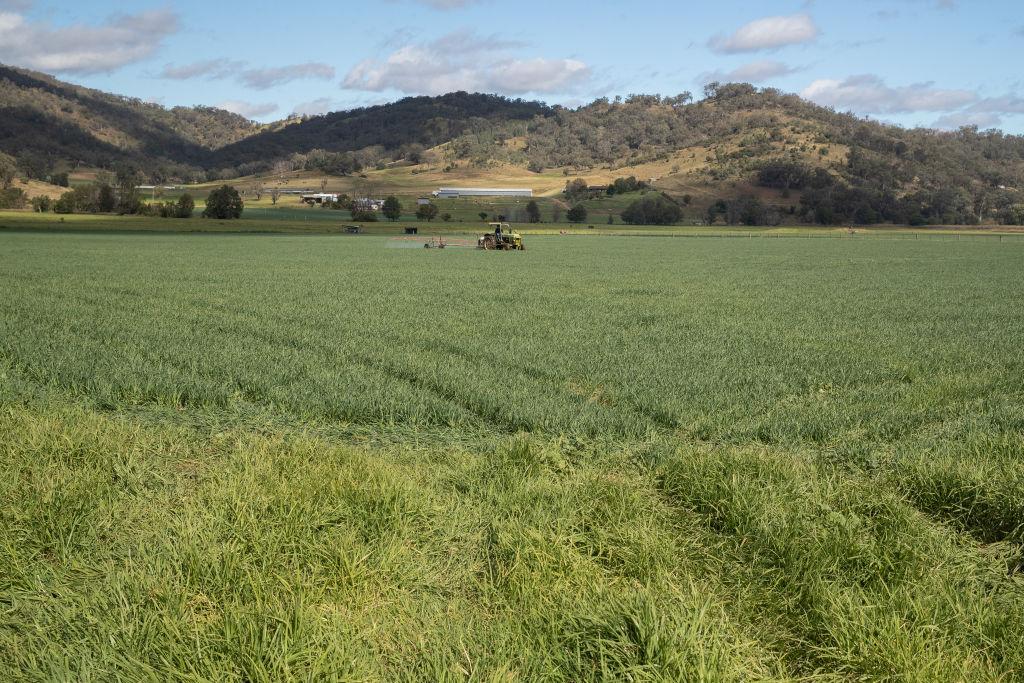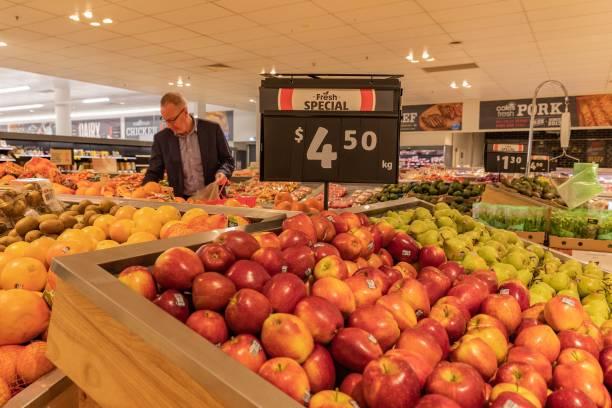New South Wales (NSW) is lifting its ban on genetically modified crops to deliver a multi-billion-dollar boost to its primary industry. Adopting the genetically modified (GM) technology is estimated by the government to deliver up to $4.8 billion in financial gains across New South Wales’ primary industries over the next ten years.
Announcing the NSW government’s decision to end the 18-year moratorium on genetically modified (GM) crops on July 1, NSW Agriculture Minister Adam Marshall said on March 2, that the GM moratorium was enacted over twenty years ago to manage trade and marketing issues.





